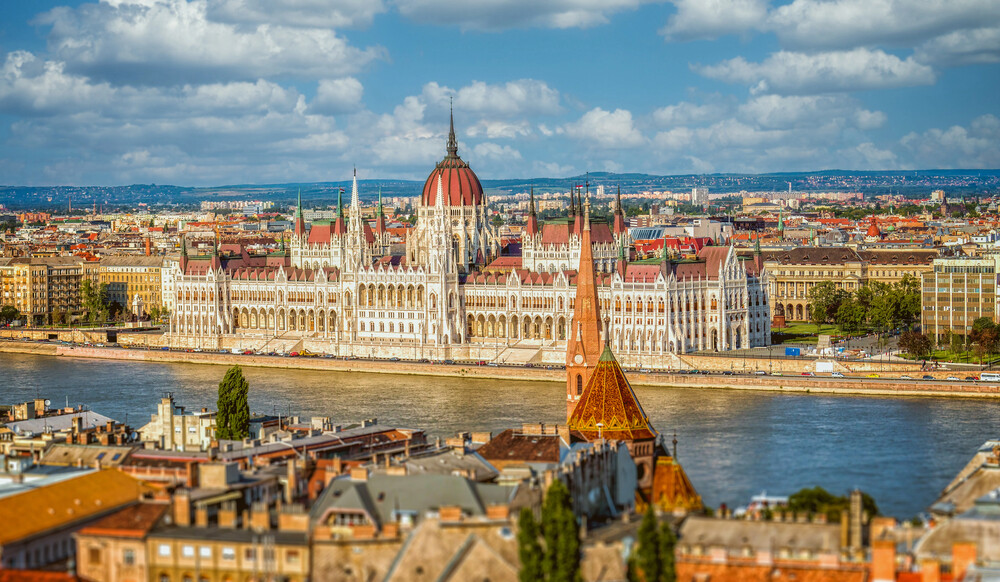What to expect when planning to live in Hungary: villages vs towns!
Hungary has unrivalled natural beauty and a rich geography. The country is home to a wide variety of towns and cities, from bustling cities such as Budapest and Debrecen to small villages with fewer than two hundred inhabitants. For those moving to the country, these locations offer a variety of lifestyles, so it might be worth taking a look at what you can expect if you decide to make Hungary your home.
Everyone’s ideal place to live is different, but what kind of life do these different sized towns and villages offer? What are the trade-offs between the excitement of city life and the tranquillity of the countryside? In this article, we take a closer look at what you can expect when looking for a home in the different regions of Hungary.

Life in the big cities
Hungary’s major cities offer modern infrastructure and a vibrant cultural scene. In Budapest and the other county capitals, public transport is well developed and there is a wide range of entertainment, from outdoor sports to cultural events. The capital’s world-class transport system is outstanding, and most major cities offer similarly convenient transport options, although services may be less frequent in smaller towns and cities.

In terms of the job market, cities offer a wealth of opportunities, with jobs available in many sectors, from services to manufacturing. Educational facilities are also of high quality, and although most universities are based in Budapest, there are also faculties in rural towns, so you don’t have to travel long distances to study. In many places, the city authorities also provide green spaces, so city life does not necessarily mean that you have to give up being close to nature.
Life in smaller towns and villages
The special charm of a rural village lies in its quiet, peaceful life and closeness to nature. These villages are ideal for those who want to enjoy their daily life away from the hustle and bustle of the city. However, rural life can have its drawbacks: public transport is less frequent, entertainment is more limited and amenities such as fast-food restaurants and large shopping centres are often not available.
People living in small towns often need a car to travel to nearby towns for shopping, work or errands. There are also significant differences in education: while in cities, there are several schools to choose from, in villages, children often have to be taken to a neighbouring town. However, one of the main advantages of village life is the sense of community. In a smaller village, people know each other better and can develop closer relationships. In addition, the proximity to nature offers many pleasures, from clean air to beautiful scenery.
City or country – a matter of personal choice
The choice between urban and rural life is ultimately a matter of personal preference. If you are prepared to forgo modern conveniences for the peace and quiet of nature, rural life may be the perfect choice. But for those who prefer the excitement of city life, the big cities offer a wealth of activities and amenities.
It is worth noting that many Hungarian towns and cities, especially the smaller ones, are constantly being modernised, making them an increasingly attractive alternative for those seeking a compromise between the two lifestyles. Whether you imagine your future in a city or a village, all types of towns and villages in Hungary offer the opportunity to live a full and happy life.
If you are thinking about moving to Hungary, there are plenty of websites where you can explore its rich culture, history, and geography. Hungarian Living is a fantastic resource to begin with, and don’t forget to check out our own dedicated section on Hungary!
Read also:







